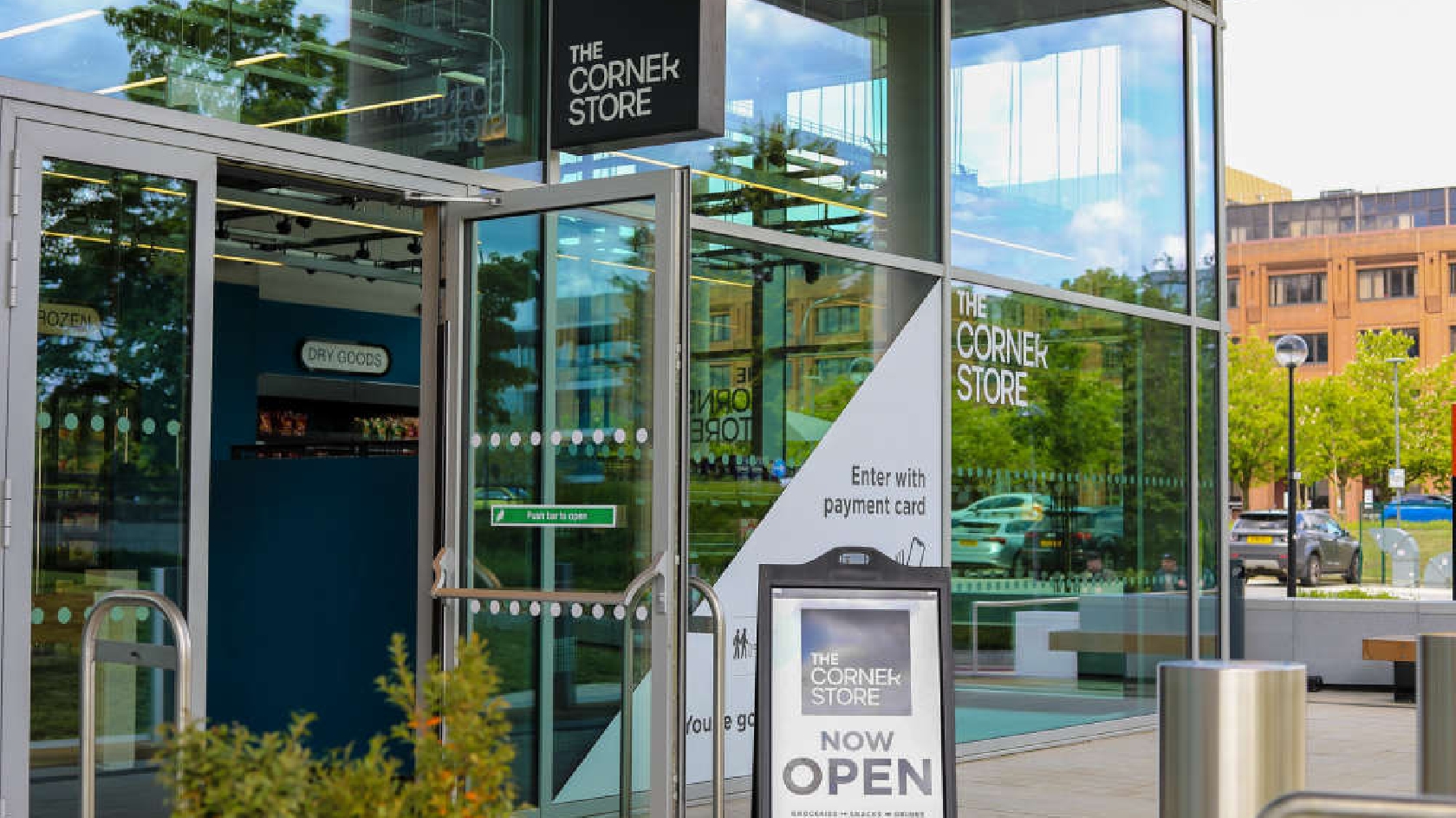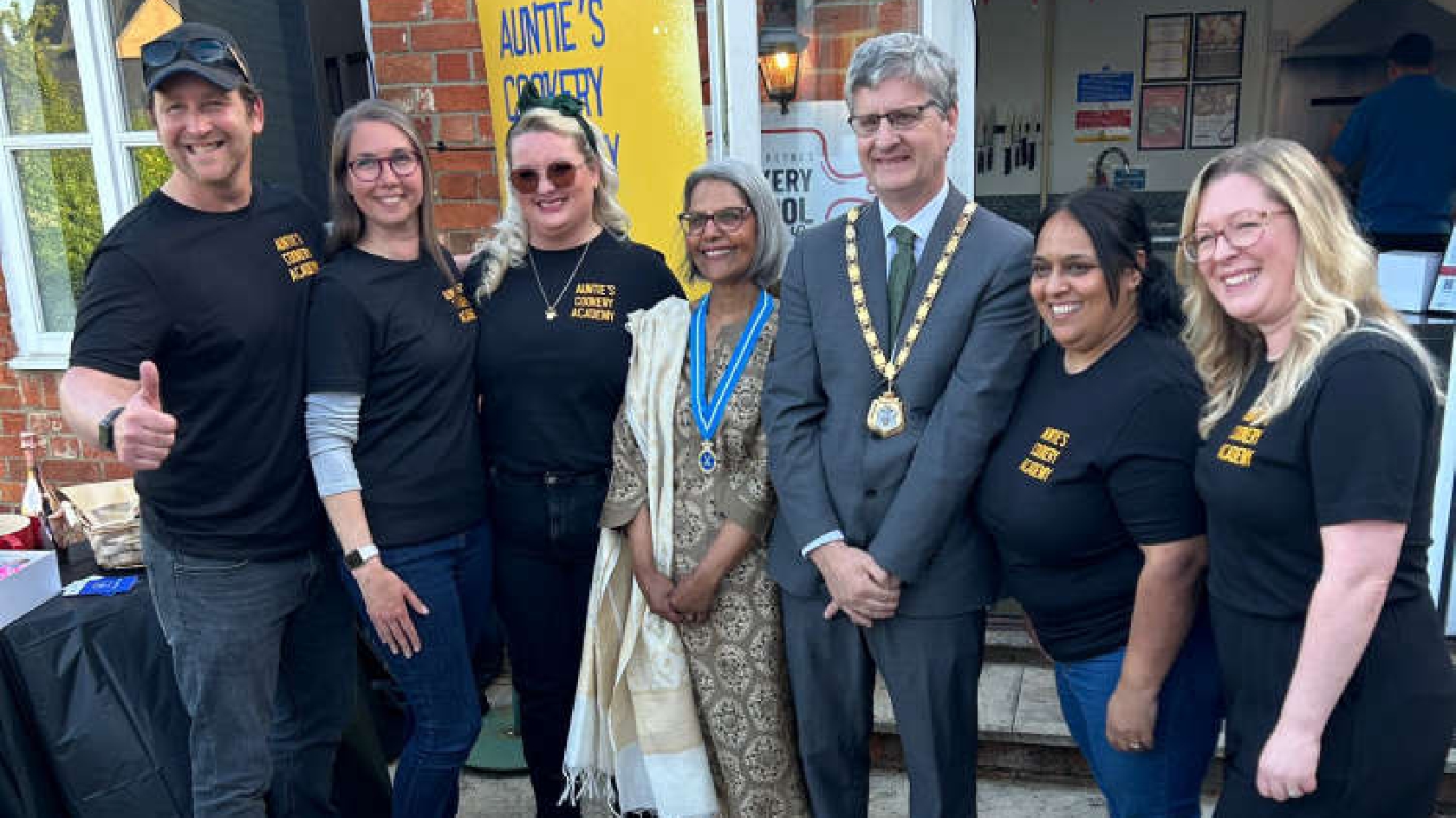Navigating the world of marketing to college students can be a unique challenge. You, as a student, are not just seeking the latest trends, but also value, like college student target discounts, which make a big difference in your purchasing decisions.
Understanding what appeals to you and your peers is key for marketers. It's not just about flashy ads or celebrity endorsements; it's about connecting with your needs, preferences, and lifestyle. This includes recognizing the importance of academic support, such as paper writing service, which are increasingly sought after by students for their convenience and assistance with coursework.
This guide aims to unravel the strategies that effectively reach and resonate with college students, offering insights into the world of marketing specifically tailored to your demographic.
Marketing to College Students: Understanding Your Audience
When it comes to advertising to college students, grasping the distinct attributes of this demographic is vital. College students are not a monolithic group but diverse in interests, backgrounds, and habits. Yet, they are united by their life stage, marked by learning, exploring new ideas, and forging their identities.
Traditional marketing techniques often miss the mark with this audience. The typical sales-driven approach and generic advertisements tend to be ineffective. This generation of students is tech-savvy, values-driven, and craves authenticity. They are adept at filtering out marketing noise and seek genuine connections with brands.
Understanding the college lifestyle is essential for marketers. This means recognizing their daily challenges, from academic pressures to budget constraints, and appreciating their aspirations and values. College students are drawn to brands that reflect their personal identity and provide practical, real-world benefits.
Moreover, this demographic is highly connected and influenced by social media. They value peer opinions and are influenced by trends on platforms like Instagram, TikTok, and Twitter. Therefore, digital marketing strategies that leverage these platforms, using relatable content and influencers, can be particularly effective.
The key to effective marketing to this group is engagement rather than interruption. Interactive campaigns, social media presence, and content that offer value beyond the product itself resonate more. This could include educational content, lifestyle tips, or support for social causes.
Developing Marketing Strategies for Higher Education
Creating effective marketing strategies for higher education means aligning with college students' values and interests. It’s about connecting prospective students with the university experience in a way that resonates with their aspirations.
- Digital storytelling is a key strategy. Higher education institutions should focus on sharing engaging stories about campus life, academic opportunities, and alumni successes. This helps students envision themselves at the institution and fosters a deeper connection.
- Social media is also crucial. Utilizing platforms like Instagram and YouTube to showcase student life and educational offerings can significantly boost engagement. Content should be relatable and reflect the vibrant campus environment.
- Personalization is essential. Students expect communications tailored to their interests and career goals. Utilizing data analytics, universities can craft personalized messages and program suggestions that speak directly to individual students.
- Clearly articulate the value of the educational experience. This encompasses not only academic excellence but also extracurricular opportunities and career services. Effective higher education marketing strategies should highlight how an institution’s offerings align with students' academic and professional ambitions.
Leveraging Social Media and Digital Platforms
Social media and digital platforms are essential tools for reaching college students. They offer a direct line to this tech-savvy demographic, who spend considerable time online. To effectively leverage these platforms, it's important to understand where students are most active, such as Instagram, Snapchat, TikTok, and YouTube.
Content is key. Posts should be engaging, visually appealing, and relatable to the student experience. Short, compelling videos, interactive polls, and relatable memes can capture attention and encourage sharing. Authenticity is crucial; students prefer genuine content over overt advertisements.
Influencer partnerships can also be highly effective. Collaborating with popular student influencers or alumni can lend credibility and amplify your message. Additionally, targeted advertising on these platforms allows for precise audience segmentation, ensuring your message reaches the right students.
Finally, consistency is vital. Regular posting helps maintain visibility and engagement. Monitoring and analyzing the performance of your campaigns is essential for understanding what resonates with students and refining your strategy accordingly.
Market to College Students Through Experiential Marketing
Experiential marketing is a dynamic way of marketing to college students, creating memorable, interactive experiences that resonate with this audience. It goes beyond traditional advertising, focusing on engaging students in a hands-on, immersive way.
For example, pop-up events on campus that allow students to interact with products or services can create a buzz and foster a personal connection with the brand. These events can range from product demonstrations, interactive games, to VR experiences. Such engagements not only offer entertainment but also allow students to experience the brand in a tangible way.
Another effective approach is hosting workshops or seminars that align with students’ academic interests or career aspirations. This not only positions the brand as a valuable resource but also builds long-term relationships with the student community.
Successful campaigns often include social media integration, encouraging students to share their experiences online, thus amplifying the reach and impact of the campaign. Experiential marketing, when done right, can turn passive observers into active participants and brand advocates among the college student demographic.
Utilizing Influencer Marketing to Reach Student Audiences
Influencer marketing has a significant impact on the student demographic, leveraging the trust and relatability of influencers to communicate brand messages. Students often look to influencers for trends, advice, and recommendations, making them a powerful tool for reaching this audience.
Choosing the right influencer is crucial. It's not just about follower count but finding someone who aligns with the brand’s values and resonates with the student audience. A good match is an influencer who genuinely uses or could benefit from the product or service, as authenticity is key in influencer marketing.
Micro-influencers, often seen as more relatable and trustworthy, can be particularly effective in reaching students. Their engagement rates are typically higher, and their recommendations can feel more personal. When partnering with influencers, it's important to allow creative freedom. This ensures content feels genuine and resonates more strongly with the student audience.
Finally, tracking the performance of influencer campaigns is vital. Analyzing metrics like engagement rates, conversion rates, and overall reach helps in understanding the campaign’s effectiveness and guides future influencer partnerships.
Creating Value-Driven Content for Students
When advertising to college students, you must remember that the creation of value-driven content holds immense significance. It's not just about showcasing products; it's about enriching the lives of college students.
Value-driven content addresses the specific needs, aspirations, and challenges of students. It offers solutions, knowledge, or entertainment that enhances their college experience. For instance, content that provides study tips, career advice, or budgeting hacks aligns with the practical concerns of students.
Strategies for content creation revolve around empathy and understanding. Marketers need to listen to students, whether through surveys, social media interactions, or focus groups, to identify their pain points and desires. This input guides the creation of content that resonates.
Moreover, content should be relatable and authentic. It should reflect the diverse student experiences and values. Leveraging user-generated content, storytelling, or collaborations with student influencers can add authenticity and broaden the content's appeal.
In summary, value-driven content is a powerful tool in advertising to college students. It's about going beyond promotion to provide real value, addressing their needs, and forging connections that last beyond the marketing message.
Engaging with Students through Interactive Campaigns
Interactive marketing campaigns have become a cornerstone of advertising to students, and their effectiveness is undeniable. These campaigns encourage active participation and engagement, fostering a deeper connection with the brand.
For students, interaction is key. If you want to market to college students, you must remember that they seek experiences that go beyond passive consumption. Interactive campaigns allow them to be a part of the story, creating memorable moments. Examples include interactive quizzes, polls, challenges, or user-generated content contests.
Effectiveness lies in the creativity and relevance of interactive content. It should align with students' interests, whether academic, social, or cultural. Timely campaigns that coincide with events or trends in the student calendar can capture attention.
Moreover, campaigns should have a clear call to action, encouraging students to share, comment, or participate actively. Encouraging user-generated content, like reviews or testimonials, can further enhance engagement and authenticity.
In conclusion, interactive campaigns resonate strongly with college students. Their effectiveness hinges on creativity, relevance, and a clear call to action, providing an opportunity for students to actively engage with the brand.
Conclusion
In the dynamic world of marketing to college students, understanding their unique needs and preferences is paramount. It's not just about advertising; it's about creating connections and providing value. From leveraging social media to experiential marketing and influencer partnerships, the strategies discussed here offer a roadmap to effectively reach this demographic. By embracing authenticity, personalization, and interactive engagement, marketers can forge lasting connections with college students, making a positive impact on their brand experiences and choices.
















